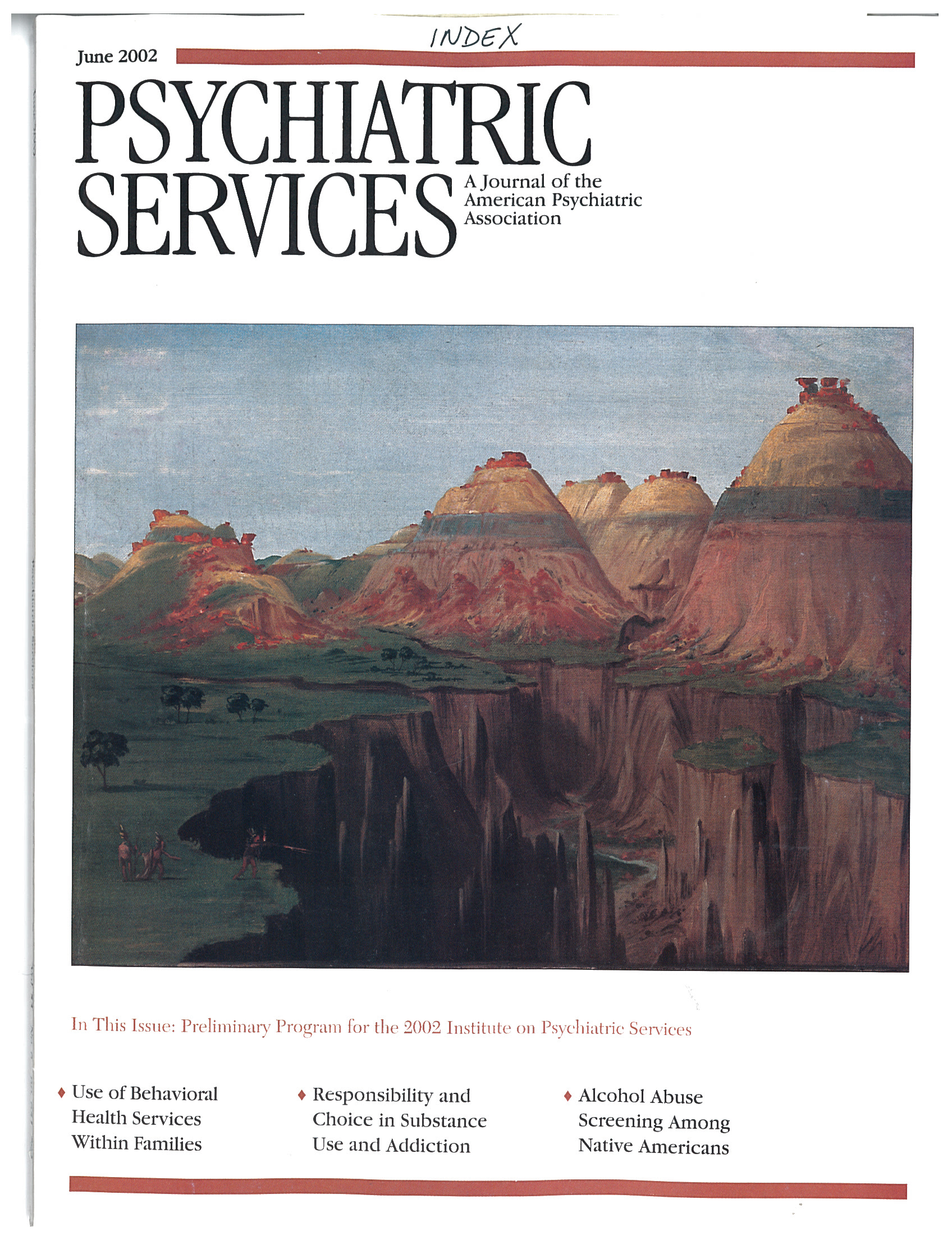This book's effect on readers will probably seem like the O. J. Simpson trial in reverse—most European Americans will love it and most African Americans will hate it. The author, Elisabeth Lasch-Quinn, a professor of history at Syracuse University, is severely critical of multicultural education and advocacy for cultural sensitivity. Throughout Race Experts, she repeatedly asserts that because the civil rights movement got involved with pop psychology's "revolt against repression" and the quest for identity, the movement was derailed from its mission of promoting egalitarianism, a universal standard of conduct, and democratic universalism—all of which might have led to sorely needed economic reorganization, community building, and moral rehabilitation. The "half-baked, contradictory, quasi-scientific pseudo-truths" that the self-appointed "race experts" have used as the tools that inadvertently dismantled the quest for equal rights, she says, are racial identity theory, oppression pedagogy, interracial etiquette, and ethnotherapy.
Lasch-Quinn maintains that the instruments of white supremacy—slavery and segregation—are gone but that the "race experts" would have America believe that "virulent white racism and white supremacist attitudes" are still omnipresent, manifested by African Americans' being subject to a world of endless slights and negative stereotypes. She attacks African-American sensitivity to these slights, suggesting that these minor irritants get confused with overt racial slurs, further dividing whites and blacks. The author pointedly questions the work of Price Cobb, Beverly Daniel Tatum, and Janet Helms, which she says adds fuel to the flames. She thoroughly denigrates the idea that diversity training is the most important movement related to race in the 1990s.
Lasch-Quinn's solution to the problem is for us to recover our moral bearings, which include a sense of individual responsibility, obligation, and sacrifice to the greater good. In her view, Americans are in a perpetual state of recovery from racism, and she doubts that multicultural education will repair the self-esteem of nonwhites. As I recall my experience in college of being stereotyped by a white male guidance counselor—who never bothered to find out that my grandfather had two Ph.D.'s (one from Yale in 1924), my father had a Ph.D., and my mother had two master's degrees—who tried to discourage me from thinking about medical school and directed me toward auto mechanics school, I completely disagree with her assessment that such "minor faux pas" are negligible. Such an assumption about a developing child or even an adult can have disastrous consequences. So while I agree that equal treatment and a universal standard of conduct are necessary for us all to get along, sensitivity to cultural, racial, and ethnic differences are a critical piece of the puzzle.
Race Experts is highly provocative and raises many issues. Unfortunately, the author is so negative in her view about racial etiquette and sensitivity training that despite her admission that "the publication of good books on African Americans, interracial issues, or multicultural themes is desirable and welcome," I am concerned that this perspective will be lost in her book. Two good counterbalances to this book are the Surgeon General's report on culture, race, and ethnicity (
1) and the work of the National Advisory Mental Health Council Workgroup on Racial/Ethnic Diversity in Research Training and Health Disparities Research (
2).

